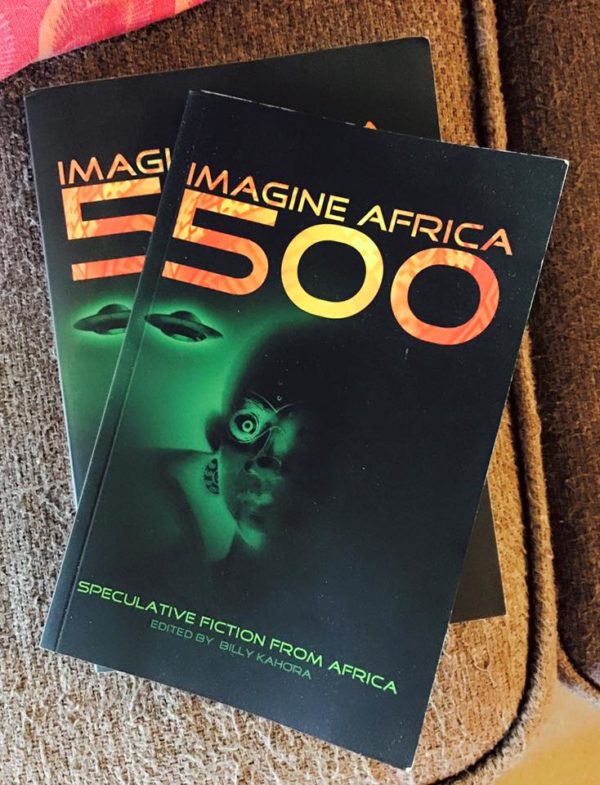
With the increased visibility of African speculative and fantasy fiction (African SFF, for short), and more and more writers working in the genre, and the unprecedented success of such names as Nigeria’s Nnedi Okorafor and Tomi Adeyemi, South Africa’s Lauren Beukes, and Liberia’s Wayetu Moore, conversations have risen around its description, presentation, celebration, and connection to other fields of cultural production on the continent.
In the latest instance, Nigeria’s Tade Thompson, one of the field’s best-known names on the continent, has written an essay for Literary Hub, arguing against the condescension to and routine overlooking of the genre which culminates in celebrating its “rise” every few years. “Whenever I see an article that starts with ‘The Rise of. . .’ I think of dough. When it’s applied to African science fiction, I picture an endlessly rising (and falling) dough that will never become bread,” he begins. “Each ‘rise’ is celebrated but ephemeral, existing only until the next event that is itself seen as a ‘rise’ without reference to what has gone before, leaving the field oddly ahistorical to the uninitiated.”
Thompson is the author of Making Wolf (2015), The Murders of Molly Southbourne (2017), Rosewater (2018), finalist for a John W. Campbell Award and winner of the 2017 NOMMO Award for Best Novel, and the forthcoming The Rosewater Insurrection (2019). The summary of his argument: African SFF has always been here.
In 2009 there was a confluence of events in the science fiction and fantasy (SFF) landscape. Racial and cultural tensions within the genre came to a head in what is internally referred to as Racefail ’09—a series of blog posts, responses, comments, and counter-comments about the representation of People of Color in SFF. A big budget movie called District 9, though flawed, earned four Oscar nominations and brought African Science Fiction into the limelight. Pumzi, a short SFF film, was made and released by Wanuri Kahiu, from Kenya.
It’s possible you’ve never heard of any of these events, but they all conspired to bring us the Black Panther movie (and you’ve certainly heard of that unless you’ve been hiding under a vibranium-laced rock). But it’s not the first African narrative to feature a hidden, technologically advanced city (that honor probably belongs to Golden Gods [1934] by George Schuyler).
What links District 9 and Black Panther, two films almost ten years apart, is the response of the Western consumer. Both triggered a demand for articles about the “Rise of Afrofuturism” or “African SFF” or similarly titled pieces. But a even casual perusal of the genre shows there’s sufficient creative work to make such articles unnecessary, or, worst case, perpetuators of a gentle literary oppression that keeps African science fiction infantile.
Read the full essay on Literary Hub.









Pleasant October 02, 2018 15:11
The SFF in African SFF is Science Fiction & Fantasy, Therefore the broadest term would be ASF: African Speculative Fiction. "Speculative Fiction is an umbrella genre encompassing narrative fiction with supernatural or futuristic elements. This includes, but is not limited to, science fiction, fantasy, superhero fiction, science fantasy, horror, utopian and dystopian fiction, supernatural fiction as well as combinations thereof."